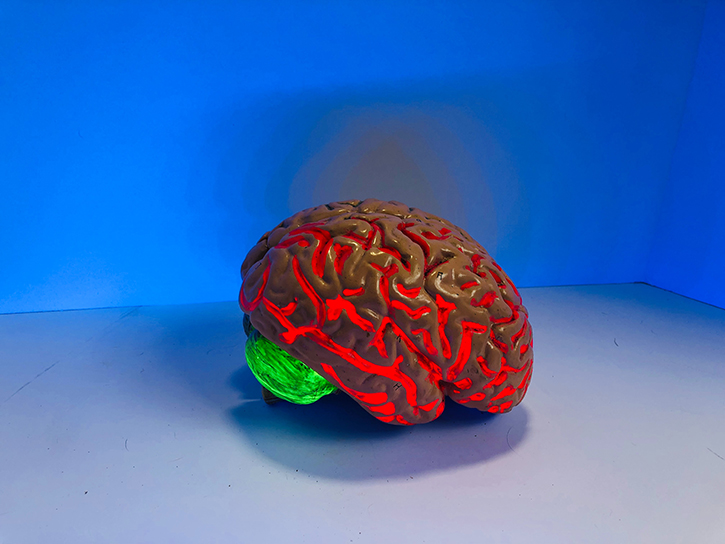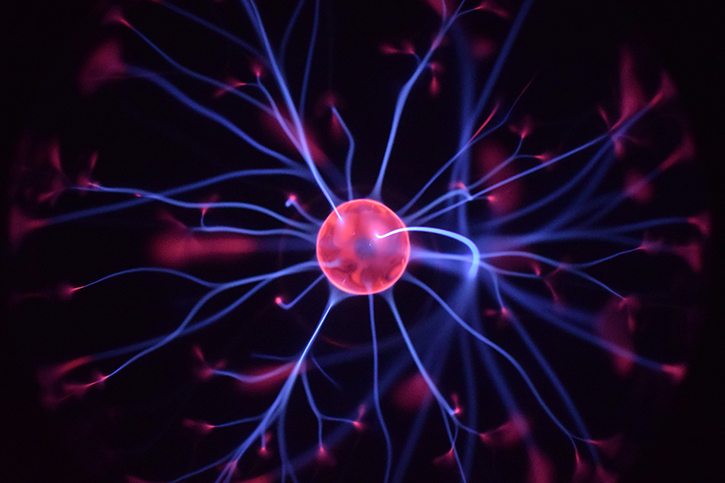You do realize that every stroke survivor wants 100% recovery? And you're talking about 'management'? What the fuck are you doing in stroke if not to solve it for 100% recovery?
Post-Stroke Side Effects In Young Adults: Understanding, Management, And Recovery
In recent years, the medical community has observed a
surprising trend of an increase in stroke incidence among young adults.
Previously, stroke was considered to affect mostly elderly patients.
This article will shed some light on the aftermath of such events,
exploring the types, causes, and recovery paths from post-stroke side
effects in young adults.
Jump To
Types of Post-Stroke Side Effects:
 Unsplash/Representational image
Unsplash/Representational image
Post-stroke conditions in young adults can vary widely, encompassing physical, cognitive, sexual, and emotional realms.
1. Physical Impairments: As per the American Stroke Association, nearly half of stroke survivors experience some form of paralysis or muscle weakness. This can manifest as hemiplegia, or one-sided paralysis, demanding extensive physical therapy for recovery. Many patients may be unable to return to their previous lifestyle or workplace for months to years after a major stroke.
2. Cognitive and Emotional Changes: A significant proportion of young stroke survivors face cognitive impairments, such as memory loss or reduced attention span. Emotional side effects, like depression, are frequent, affecting about one-third of survivors.
3. Sexual Dysfunction Post-Stroke
Sexual dysfunction after a stroke is a common, under-discussed, side effect. It can manifest in various forms, such as decreased libido, erectile dysfunction in men, and decreased lubrication or difficulty in achieving orgasm in women. The causes of sexual dysfunction post-stroke are multifaceted and include physical Factors (effect on the neural pathways responsible for sexual function), psychological Factors (emotional impact of a stroke, including depression and anxiety, can significantly decrease libido), and medication Side Effects.
3. Communication Disorders; Aphasia which affects language abilities, occurs in approximately 25-40% of stroke survivors, as per the National Aphasia Association.
Causes and Lifestyle Influence
 Unsplash/Representational image
Unsplash/Representational image
While genetics can play a role, lifestyle
choices are pivotal. A study highlighted that smoking, excessive
alcohol intake, and substance abuse contribute substantially to stroke
risk in the young.
Treatment and Recovery
Immediate medical intervention, often involving clot-busting drugs, is critical. Rehabilitation, encompassing physical and speech therapy, is tailored to individual needs. As per a study in Stroke Journal, early rehabilitation can significantly enhance recovery.(NOT GOOD ENOUGH! Survivors want 100% recovery! GET THERE!) Regular counseling and support groups aid in tackling the emotional aftermath. Long-term management, involving lifestyle changes like diet and exercise, is vital for preventing recurrence.
It's crucial to understand that stroke recovery is a marathon, not a sprint. For example, consider the story of Mahesh, a 32-year-old who, through dedicated physical therapy and lifestyle changes, regained 80% of his motor functions within a year after his stroke. 10% of stroke survivors are under 50, underscoring the importance of awareness in this age group. Regular exercise can reduce stroke risk by up to 25%, as per the American Heart Association.
Strokes in young adults, though challenging, are not the end of the road. With timely intervention, a supportive network, and lifestyle adjustments, the journey to recovery is achievable. Remember, every step forward is a victory in this journey.
About the author: Dr. Boby Varkey Maramattam is a Senior Consultant at Apollo Adlux Hospital, Angamaly. All views/opinions expressed in the article are of the author.
No comments:
Post a Comment